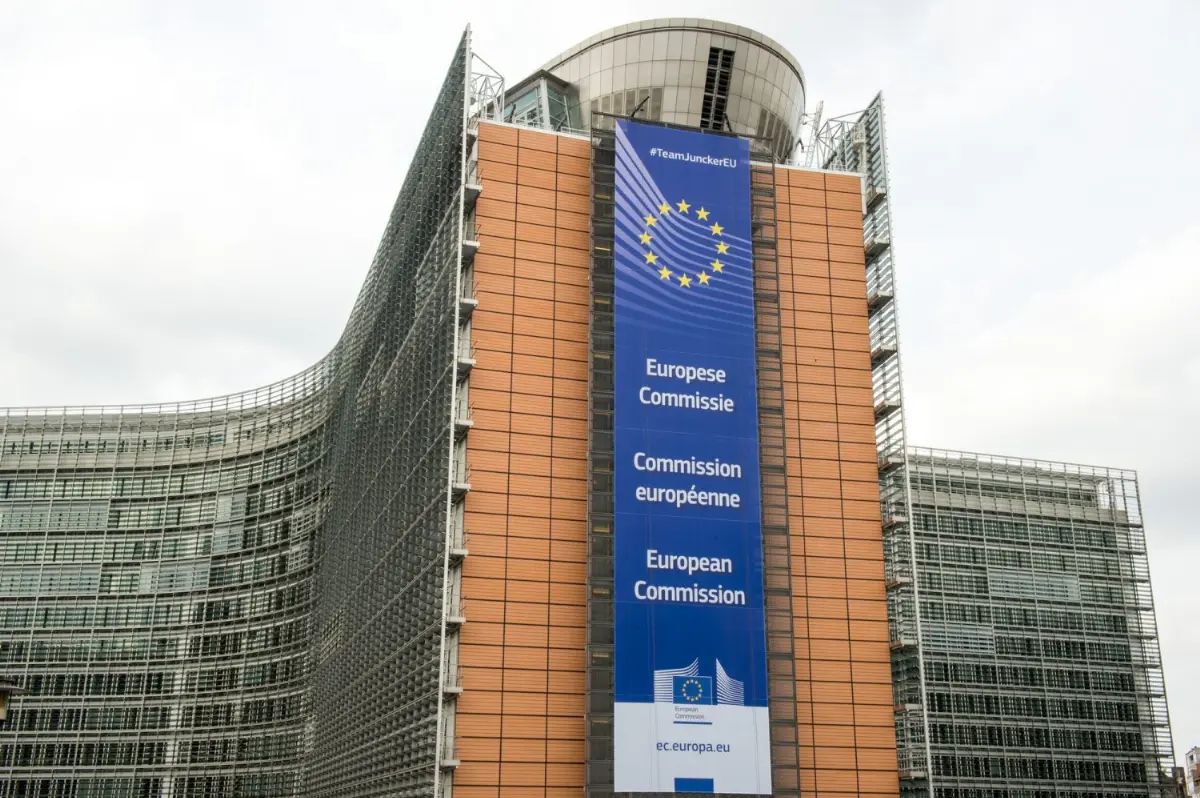
Aci Europe. Draghi report puts back transport on the radar screen
With clear priorities for sustainable infrastructure development

Reacting to the publication yesterday of the Draghi report on "The future of European Competitiveness", ACI EUROPE endorsed its analysis of the transport sector and welcomed its proposals to tackle the challenges faced by aviation in particular.
At the same time, his report is lucid in acknowledging that decarbonisation is a precondition for transport’s future growth – with the report’s main thrust for hard to abate sectors such as aviation all about enabling its effective decarbonisation while preserving and even boosting further its socio-economic benefits. To achieve that, the report calls for more ambitious and joined-up policy along with more investment – which ACI EUROPE has long been advocating for, as reflected in its Airport Industry Manifesto released this January.
ACI EUROPE particularly supports the following proposals, which it urges the European Commission, the Council and the European Parliament to act upon:
1) The need to improve and facilitate infrastructure planning at both EU and national level - with a particular focus not just on intermodality but also on integrating transport and energy planning. The Draghi reports further recommends that transport should be part of the National Energy and Climate Plans (NECPs) where Member States outline their strategies to address various aspects of the energy union, including decarbonisation.
Recognising that the public sector cannot finance transport investment on its own, Draghi also calls for clear and stable regulation backed by “solid guarantees” to ensure that private sector capital flows into transport infrastructure.
This is especially relevant for airports, as they will need to adapt and develop their facilities to enable the deployment of both Sustainable Aviation Fuels (SAFs) and Zero Emission Aircraft under development. This will require access to massive volumes of green energy, which needs to be factored in energy policies and planning.
The need for such planning was also one of the main conclusions of the AZEA (Alliance for Zero Emission Aircraft) released this June.
2) The imperative to optimise airport capacity (“the ineffective use of airport capacity has led to major bottlenecks”) through the revision of the EU Airport Slot Allocation Regulation along with the need to defragment airspace management with the effective implementation of the "Single European Sky".
With Europe being home to more than half of the World’s most congested airports and its airlines moving towards consolidation, there is no doubt updating the 30 year old airport slot rules is a must to protect the integrity of our Single Aviation Market.
3) The necessity to further de-risk and finance decarbonisation solutions in hard-to-abate sectors, notably by supporting investment in aviation decarbonisation and expanding existing EU funding mechanisms. This reflects the massive costs involved in the green transition – which the Draghi report puts at €61 billion a year for aviation.
ACI EUROPE considers that this should stand at the heart of a proper SAFs Industrial policy facilitating not just the development of SAFs but also their deployment – and involving direct funding so as to bridge the price gap with conventional fuels.
AVIONEWS - World Aeronautical Press Agency